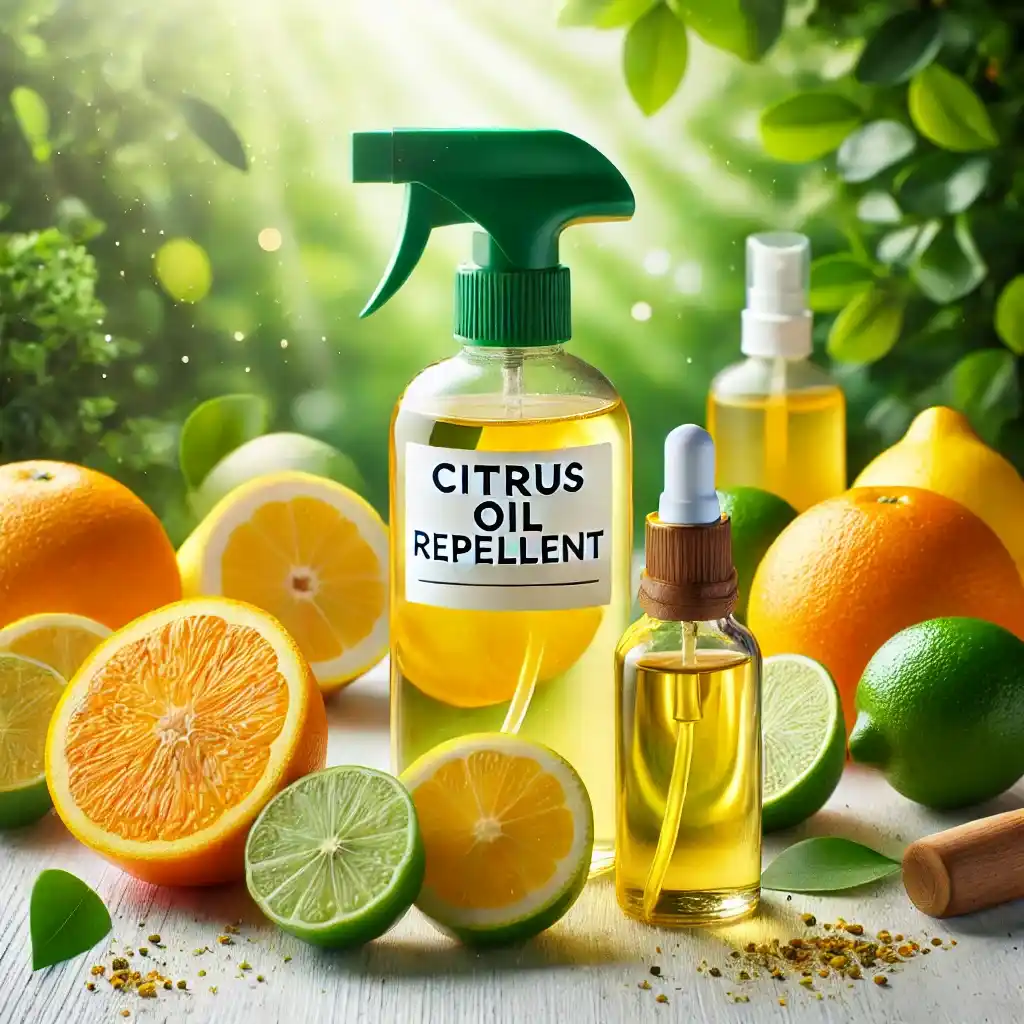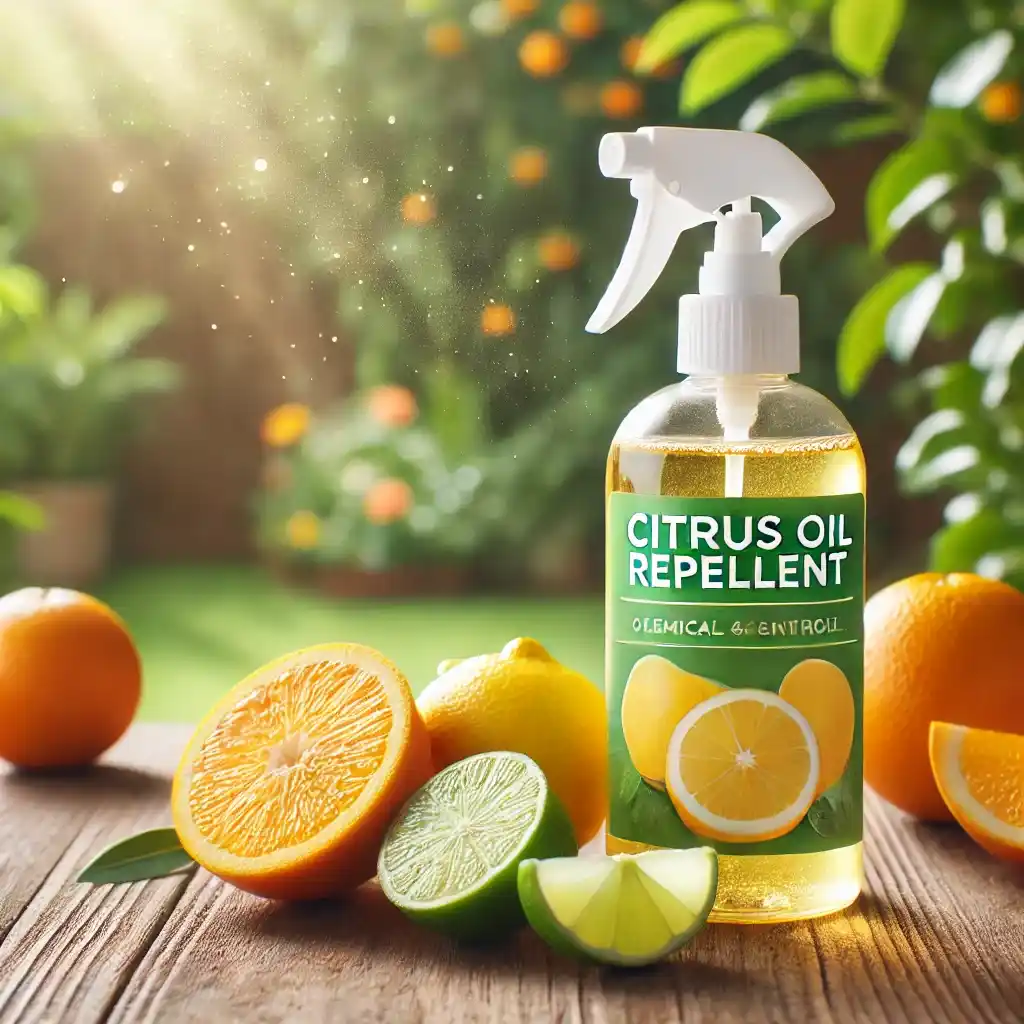Citrus oil, derived from the peels of citrus fruits such as oranges, lemons, limes, and grapefruits, is renowned for its wide range of applications. One of its most significant uses is as a Citrus Oil repellent, offering a natural and effective solution for keeping insects, pests, and even certain animals at bay. This article explores the benefits, applications, and effectiveness of Citrus Oil repellent, making it a go-to choice for eco-conscious individuals.
What Makes Citrus Oil an Effective Repellent?
The secret behind the effectiveness of Citrus Oil repellent lies in its rich composition of natural compounds, particularly limonene and linalool. These compounds emit a strong, fresh citrus scent that interferes with the sensory receptors of pests. As a result, they lose their ability to locate food, shelter, or breeding areas. Additionally, the antimicrobial and antifungal properties of citrus oil enhance its effectiveness in maintaining a pest-free environment.
Benefits of Using Citrus Oil as a Repellent
- Environmentally Friendly:
Unlike chemical repellents that harm the environment, Citrus Oil repellent is biodegradable and non-toxic, making it safe for households with pets and children. - Pleasant Aroma:
The fresh, invigorating scent of citrus oil doubles as a natural air freshener while keeping pests like mosquitoes, ants, and cockroaches at bay. - Cost-Effective Solution:
A little citrus oil goes a long way, making it an economical and sustainable option for pest control. - Versatile Applications:
Whether used as a spray, diffuser, or mixed with cleaning agents, Citrus Oil repellent is a multipurpose solution for homes, gardens, and offices. - Chemical-Free Pest Control:
With growing concerns about the harmful effects of synthetic pesticides, Citrus Oil repellent provides a safer and more natural alternative.
Practical Applications
- Insect Repellent Spray:
Create a DIY Citrus Oil repellent by mixing water, a few drops of citrus oil, and a teaspoon of rubbing alcohol or witch hazel. Spray it around windows, doors, and other entry points to deter mosquitoes and flies. - Ant Prevention:
Ants rely on pheromone trails for navigation. Placing cotton balls soaked in citrus oil along their pathways disrupts these trails and keeps them out of your home. - Mosquito Deterrent:
Use a diffuser with a few drops of citrus oil to repel mosquitoes indoors. For outdoor protection, apply a diluted mixture of citrus oil with a carrier oil directly to exposed skin. - Rodent Control:
Rodents dislike the strong smell of citrus. Apply Citrus Oil repellent to cloth strips and place them in areas where rodents are active to prevent infestations. - Garden Pest Protection:
Mix citrus oil with water and a small amount of dish soap to spray on plants. This natural solution keeps garden pests like aphids and whiteflies at bay without harming the plants.
Common Pests That Citrus Oil Repels
- Mosquitoes: The limonene content in citrus oil makes it highly effective against mosquitoes, providing a natural alternative to chemical repellents.
- Ants: Citrus Oil repellent disrupts the pheromone trails ants use to navigate, forcing them to seek shelter elsewhere.
- Cockroaches: The strong citrus scent drives cockroaches away from treated areas.
- Rodents: Mice and rats are naturally repelled by the scent of citrus, making citrus oil a useful tool for rodent control.
- Spiders: A diluted spray of citrus oil can discourage spiders from nesting in corners, ceilings, and crevices.
Explore: Citrus Essential Oil Benefits

Precautions When Using Citrus Oil
While Citrus Oil repellent is safe and eco-friendly, certain precautions should be taken to maximize its effectiveness and ensure safety:
- Dilution is Key:
Undiluted citrus oil is potent and may cause skin irritation or damage to certain materials. Always dilute it with water or a carrier oil before use. - Pet Safety:
While generally safe for humans, some pets, particularly cats, may be sensitive to citrus oil. Avoid applying it near their bedding or food bowls. - Surface Testing:
Before applying Citrus Oil repellent to furniture or fabrics, test it on a small, inconspicuous area to avoid potential staining or damage.
Explore: Vetiver Essential Oil: Benefits, Uses, and How to Incorporate It into Your Routine
FAQs
1. How often should I reapply Citrus Oil repellent?
The effects of Citrus Oil repellent can last from a few hours to a full day, depending on environmental conditions. Reapply as needed, especially in outdoor settings.
2. Is Citrus Oil repellent safe for indoor plants?
Yes, when properly diluted, citrus oil can be sprayed on plants to deter pests without harming their foliage.
3. Can Citrus Oil repellent be used for bed bugs?
Citrus oil may offer temporary relief from bed bugs, but it is not a comprehensive solution for infestations.
4. Does Citrus Oil repellent have any side effects?
When used as directed, Citrus Oil repellent is safe. However, undiluted oil may cause irritation or sensitivity, so always handle with care.
5. Where can I purchase Citrus Oil repellent?
Citrus oil is widely available at health stores, aromatherapy shops, and online retailers.
Conclusion
Citrus oil stands out as a natural, effective, and eco-friendly repellent against a variety of pests. With its pleasant aroma, versatility, and safety for humans and the environment, Citrus Oil repellent is an ideal choice for those seeking a chemical-free pest control solution. By incorporating it into your home and garden routine, you can enjoy a pest-free and refreshing environment while reducing your reliance on synthetic chemicals.

